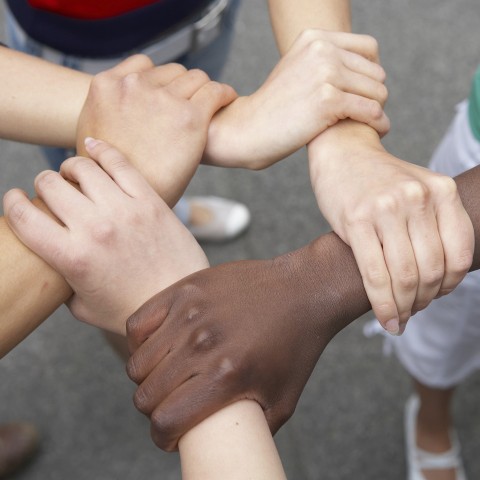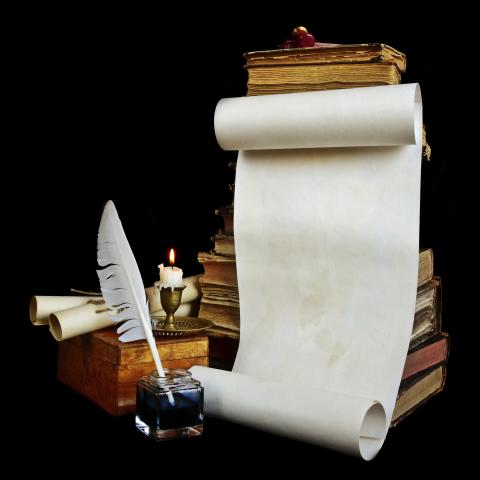On the Day of Reconciliation, South Africa both remembers its rocky, violent history and strives to move forward in peace and hope. The significance of Reconciliation Day in South Africa can’t be overstated, and if you want to really dig deep into the country’s culture, there may be no better place to start than here.
In this article, you’ll learn about the importance of Reconciliation Day in South Africa, as well as its history and modern-day observations.
Let’s get started.
1. What is Reconciliation Day in South Africa?
Like many of the nation’s public holidays, the Day of Reconciliation was instituted in 1994 after apartheid ended and all South Africans were enfranchised.
So what is the purpose of Reconciliation Day?
South Africa has a very violent past with many reprobates taking power over the decades, and the Day of Reconciliation is all about instilling a sense of camaraderie among the different cultural groups that spent so many years with some in subjugation to others.
The public holiday aims to help South Africans move forward in hope and reconcile past events with a more positive future.
2. When is the South African Day of Reconciliation
Each year, South Africans celebrate the Day of Reconciliation on December 16. Later in this article, you’ll learn more about the date of the Day of Reconciliation South Africa chose.
3. Summertime in December: Holiday Celebrations
How is the Day of Reconciliation Day celebrated in South Africa?
Read the Afrikaans text below to learn how many people in South Africa spend their December summertime and the holidays that accompany this time of year.
—
Die Dag van Versoening is ook die onoffisiële begin van die Suid Afrikaanse somer vakansie, wat 16 dae lank is. Gedurende die 16 dae is daar in totaal 4 openbare vakansiedae in Suid Afrika, die ander drie is Kersdag, Dag van Welwillendheid (ook bekend as Boxing Day) en Nuwejaarsdag. Dit is baie algemeen vir klein besighede om gedurende die somer vakansie te sluit omwille van al hierdie vakansiedae. Baie Suid Afrikaners reis ook gedurende die seisoen, met uitgebreide vakansies om te reis. Omdat Suid Afrika in die Suidelike Halfrond is, val Desember in die middel van die somer.
—
The Day of Reconciliation is also the unofficial beginning of South Africa’s summer holiday season, which lasts sixteen days. During those sixteen days, there is a total of four public holidays in South Africa, with the other three being Christmas Day, the Day of Goodwill, and New Year’s Day. It is very common for small businesses to shut down during the summer holiday season because of all these holidays. Also, many South Africans travel during the season, taking extended vacations to travel. Because South Africa is in the Southern Hemisphere, December falls in the height of summer.
4. Why December 16?
The date of December 16 is a poignant reminder of the past. This is the same date as holidays celebrated by two of the main groups in South Africa prior to the institution of the Day of Reconciliation. Here, we’ll review a little bit of the history of Reconciliation Day in South Africa.
1- Day of the Vow
The Afrikaner people observed the Day of the Vow on December 16 to remember a vow that the Voortrekkers made heading into a battle on that date in 1838.
The Voortrekkers had a hostile relationship with the Zulu tribe, fleeing them to prepare for a huge battle over a piece of land that—in a devious move—the Voortrekkers had tried to wrest away from the Zulu people.
The Voortrekkers vowed to build a church on the land and set a holiday to give thanks if they should win the battle.
Fewer than 500 Voortrekkers were able to defeat the over 10,000 Zulus who attacked them on December 16, 1838. This is because they had gunpowder and the Zulus did not.
While just three Voortrekkers were wounded in the battle, over 3,000 Zulus died in it. This was later called the Battle of Blood River.
2- African National Congress’ Spear of the Nation
Before the institution of the Day of Reconciliation, the Africans commemorated the founding of the African National Congress’ Spear of the Nation, the governing body’s armed division, in 1961.
5. Must-Know Afrikaans Vocabulary for Day of Reconciliation
Here’s some essential Afrikaans vocabulary you should know for the Day of Reconciliation!
- Kerk — “Church”
- Geskiedenis — “History”
- Oorlog — “War”
- Weermag — “Army”
- Vier — “Celebrate”
- Demokrasie — “Democracy”
- Tradisie — “Tradition”
- Publieke vakansiedag — “Public holiday”
- Eenheid — “Unity”
- Saam — “Together”
- Apartheid — “Apartheid”
To hear the pronunciation of each word, and to read them alongside relevant images, be sure to check out our Afrikaans Day of Reconciliation word list!
Final Thoughts
What are your thoughts on the Day of Reconciliation in South Africa? Does your country have any special holidays that promote peace and unity? Let us know your thoughts in the comments section!
South Africa certainly has a fascinating and deep history, and a colorful culture. If you’re interested in learning more about South Africa and her people, or if you want more words about summertime here, you may find the following pages useful:
- Pop and Traditional Culture
- Celebrating Cultural Heritage Day in South Africa
- The Most Commonly Used Nonverbal Gestures in South Africa
- Tourist Attractions in South Africa
- Summer Clothes and Accessories
- How Will You Spend Your Summer Vacation?
Learning Afrikaans, and becoming familiar with South African history and culture, doesn’t have to be boring or overwhelming. With AfrikaansPod101.com, it can even be fun!
We hope you enjoyed this lesson and took away some valuable information!
If you’re serious about mastering the Afrikaans language, create your free lifetime AfrikaansPod101 account today.














